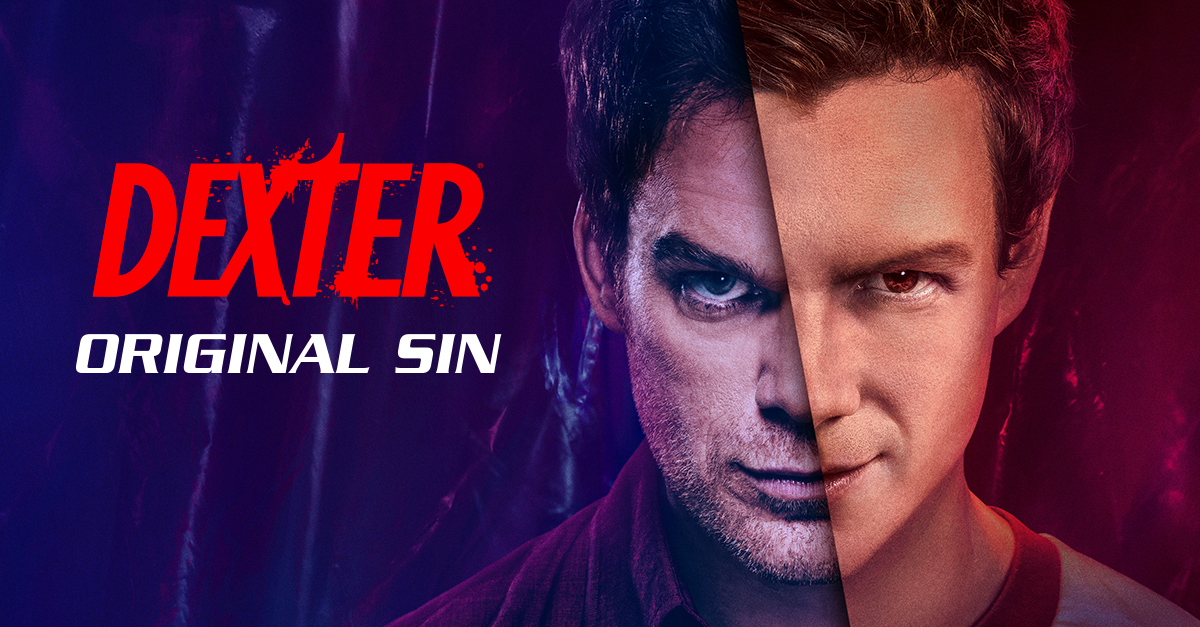
Blood, Lies, and Justice A Deep Dive into Dexters Psychological Complexity
Blood, Lies, and Justice: A Deep Dive into Dexter's Psychological Complexity
Since its debut in 2006, "Dexter" has captured the attention of audiences with its unique blend of crime drama and psychological thriller elements. At the center of this series is Dexter Morgan, a blood spatter analyst for the Miami Metro Police Department, who leads a secret life as a vigilante serial killer. This duality creates an intricate psychological profile that explores themes of justice, morality, and humanity. As we delve deeper into Dexter's complex psyche, we uncover the profound layers that make this character both compelling and disturbingly relatable.
The Duality of Dexter Morgan
Dexter's character is a fascinating study of duality. He is a seemingly ordinary man with a demanding job, yet he harbors a dark secret that drives him to kill. What makes this dichotomy intriguing is that Dexter justifies his actions under a moral code instilled in him by his adoptive father, Harry. Harry's "Code" teaches Dexter to target only those who have escaped justice, turning his killing into a twisted form of vigilante justice. This moral framework complicates his actions, forcing viewers to grapple with questions of ethics and the nature of good and evil. His ability to compartmentalize his life further adds to the tension, as he navigates relationships with friends, family, and his victims.
The Influence of Trauma
At the core of Dexter's psyche lies a traumatic past that has shaped his identity. Witnessing the brutal murder of his mother as a child has left deep emotional scars, contributing to his sociopathic tendencies. This trauma manifests in various ways, from his obsession with blood to his struggle to form genuine connections with others. Throughout the series, we see that Dexter's need to kill is more than just a compulsion; it's an attempt to reclaim a sense of control over his life and to make sense of his childhood trauma. The constant battle between his inner demons and his desire for acceptance adds a rich complexity to his character that resonates with audiences, making them both fascinated and horrified by his actions.
The Role of Relationships
Dexter's relationships serve as a crucial lens through which we can explore his psychological state. Characters such as Rita, Debra, and even his son Harrison each play significant roles in shaping Dexter's identity and choices. Rita represents the normalcy Dexter yearns for, as he attempts to embody a responsible father and partner while concealing his darker side. Debra, on the other hand, represents the law and morality that Dexter must navigate. Their sibling bond complicates Dexter's choices, creating a constant tension between his love for her and his darker inclinations. These relationships not only highlight Dexter's struggle for balance but also accentuate his internal conflict, drawing viewers deeper into the emotional labyrinth that is his life.
The Merchandise Phenomenon
The psychological complexity of Dexter Morgan has led to a significant fanbase, resulting in a thriving market for "Dexter merchandise." From T-shirts and mugs featuring iconic quotes to intricate collectibles of Dexter and his infamous tools, fans have found ways to connect with the character beyond the screen. The merchandise serves as a reminder of the show’s impact and allows fans to express their admiration for the series. This commercial aspect further underscores how deeply Dexter resonates within popular culture, illustrating our fascination with morality's gray areas and the darker aspects of the human condition.
In conclusion, "Dexter" is much more than just a crime thriller; it's a profound exploration of a complex character grappling with his identity, morality, and the consequences of trauma. As audiences continue to engage with Dexter's brutal yet captivating journey, the series encourages us to confront uncomfortable questions about justice, ethics, and the nature of humanity itself. With a wealth of merchandise available, the legacy of Dexter Morgan will undoubtedly live on, keeping the conversation about his psychological complexities alive long after the series has ended.
.png)








